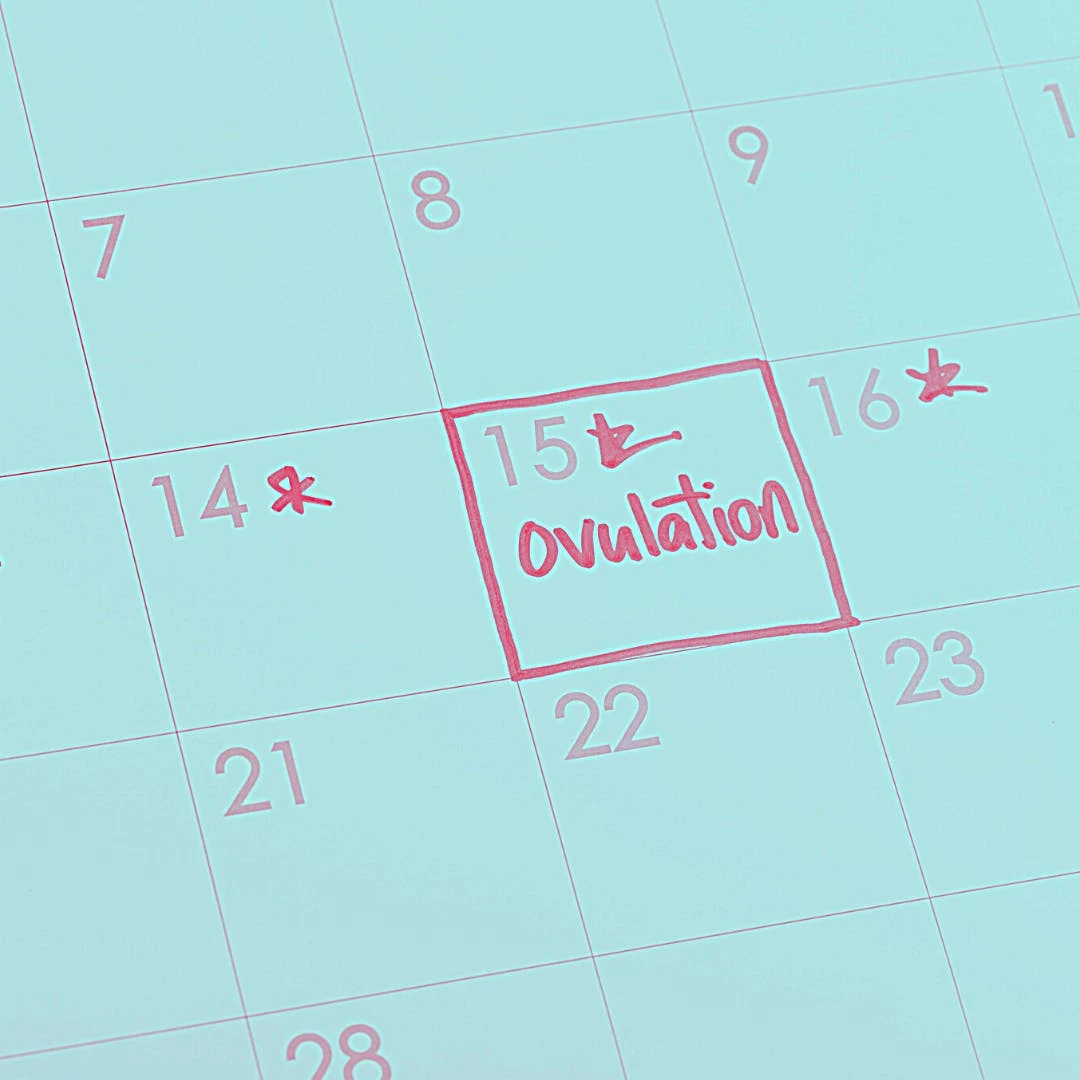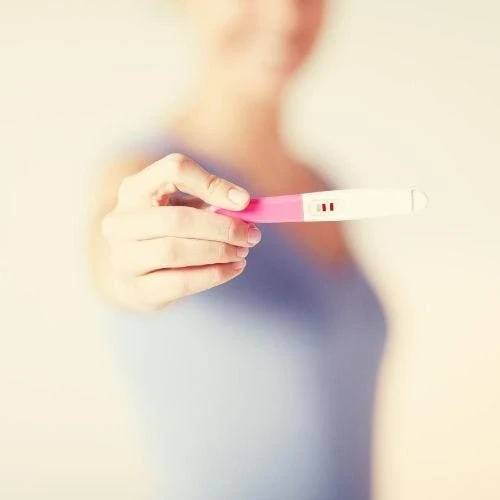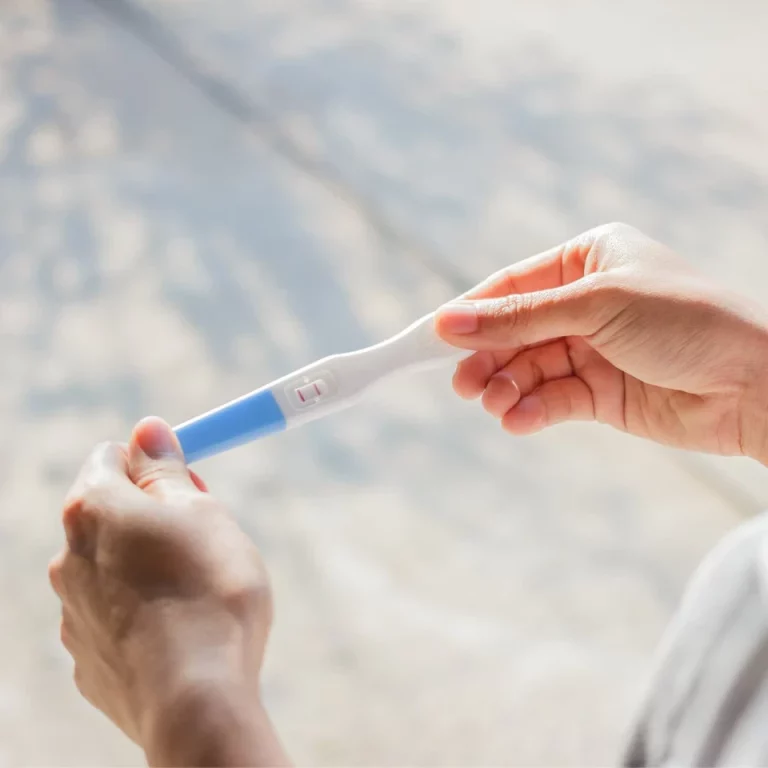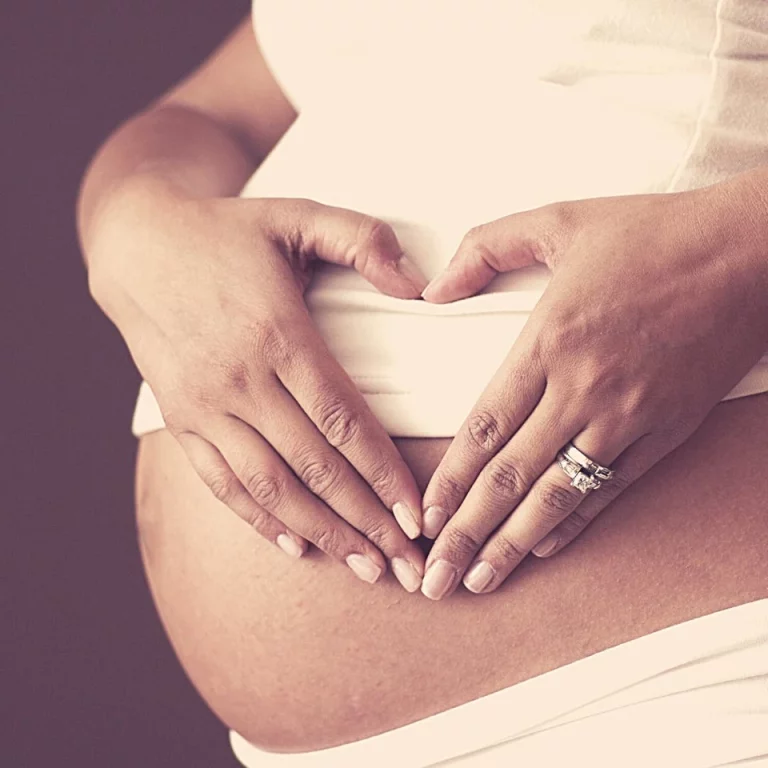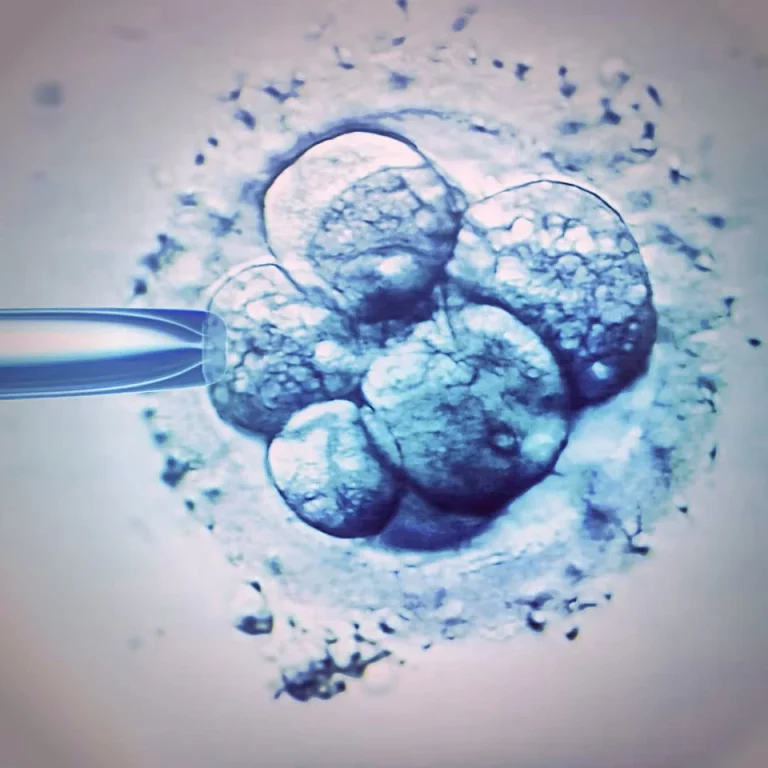Take Charge Of Your Fertility: 4 Steps To Take Now
Learning how to take charge of your fertility is an important part of your healthcare. There are a few key things that most doctors would recommend that you pay special attention to. Taking charge of your fertility can be both empowering and important if having children in the future is important to you. Here are the key components to understanding your options.
1. Understand your own health
For people who have certain medical conditions, having a baby may be harder. For example, in persons who have PCOS (Polycystic Ovary Syndrome) or Endometriosis, conceiving a child naturally may be difficult. There are also tests that a fertility doctor (Reproductive Endocrinologist and Infertility Specialist) can do that can give you more insight into your fertility. These tests include hormone blood tests such as AMH, FSH, LH, and estradiol and also an ultrasound of your uterus and ovaries. The benefit of doing these tests with an REI trained doctor is that the doctor can help you to interpret the results, and answer any questions you may have.
2. Lifestyle can have an impact
If you want to know how to boost fertility in your 30s, then consider the impact your lifestyle could have. Women with healthy body max indexes or normal weights for their height have been shown to have better fertility outcomes compared to women who are underweight or overweight. Regular exercise is healthy and beneficial when trying to conceive, but extreme exercise and weight loss in women can actually be harmful as it can alter the regularity of your period. Your partner’s lifestyle is also important to factor in. It is a known scientific fact that certain things like binge drinking can reduce your partner’s sperm count. If you are trying to conceive with a man who smokes, drinks heavily, or uses marijuana, it can be more difficult because these chronic habits reduce sperm count and movement.
3. Track your cycle
If you are actively trying to conceive, it is important to understand when are you the most fertile. You also need to know how to track your period. Day 1 of your period is the first day of actual bleeding, not just spotting. The best chances of becoming pregnant are when you are ovulating. This typically happens around Day 14 of the menstrual cycle in women with regular menses but it can be different for different people. Some individuals may ovulate earlier than Day 14 and some may ovulate several days later. Having sex before and during ovulation will give you a higher likelihood of becoming pregnant. You can use a digital ovulation device that can tell you when you are actually ovulating to improve your chances.
4. Think about your age and how it relates to how many children you would like to have
We have all heard the phrase “a woman’s biological clock is ticking.” It is unfortunate, but true, that every woman’s ability to conceive both naturally and with the help of IVF (in vitro fertilization) decreases as their age increases. Therefore, if you are very certain that you want to have multiple children, starting earlier in life can be helpful. If you are not with a partner that you want to have a child with, you should strongly consider freezing your eggs. The egg freezing techniques have improved greatly over the last decade and one or more rounds of egg freezing could increase your chances of having a baby later in life. Eggs frozen at a younger age are more likely to result in live births when compared to eggs frozen at an older age.
Taking Charge Of Your Fertility: Take Home Points
Related: Best Age To Get Pregnant With PCOS: Fertility Options
In order to give yourself the best shot at becoming pregnant, it is important to take charge of your fertility. This means leading a healthy lifestyle for both you and your partner, being aware of any medical conditions and receiving treatment as needed, and also by tracking your menstrual cycle. It is also important to think about how many children you would ideally like to have so you can plan appropriately and even consider freezing your eggs.
Sources:
Sharma R, Biedenharn KR, Fedor JM, Agarwal A. Lifestyle factors and reproductive health: taking control of your fertility. Reprod Biol Endocrinol. 2013 Jul 16;11:66. doi: 10.1186/1477-7827-11-66. PMID: 23870423; PMCID: PMC3717046.
https://pubmed.ncbi.nlm.nih.gov/23870423/
Gaur DS, Talekar MS, Pathak VP. Alcohol intake and cigarette smoking: impact of two major lifestyle factors on male fertility. Indian J Pathol Microbiol. 2010 Jan-Mar;53(1):35-40. doi: 10.4103/0377-4929.59180. PMID: 20090219.
https://pubmed.ncbi.nlm.nih.gov/20090219/
Emokpae MA, Brown SI. Effects of lifestyle factors on fertility: practical recommendations for modification. Reprod Fertil. 2021 Jan 8;2(1):R13-R26. doi: 10.1530/RAF-20-0046. PMID: 35128442; PMCID: PMC8812443.
https://pubmed.ncbi.nlm.nih.gov/35128442/
https://www.acog.org/womens-health/faqs/evaluating-infertility
We discuss products we think are useful to people. If you buy something through our links, we may earn a commission. Remember to check with your personal physician to see if a product recommended is right for you.


